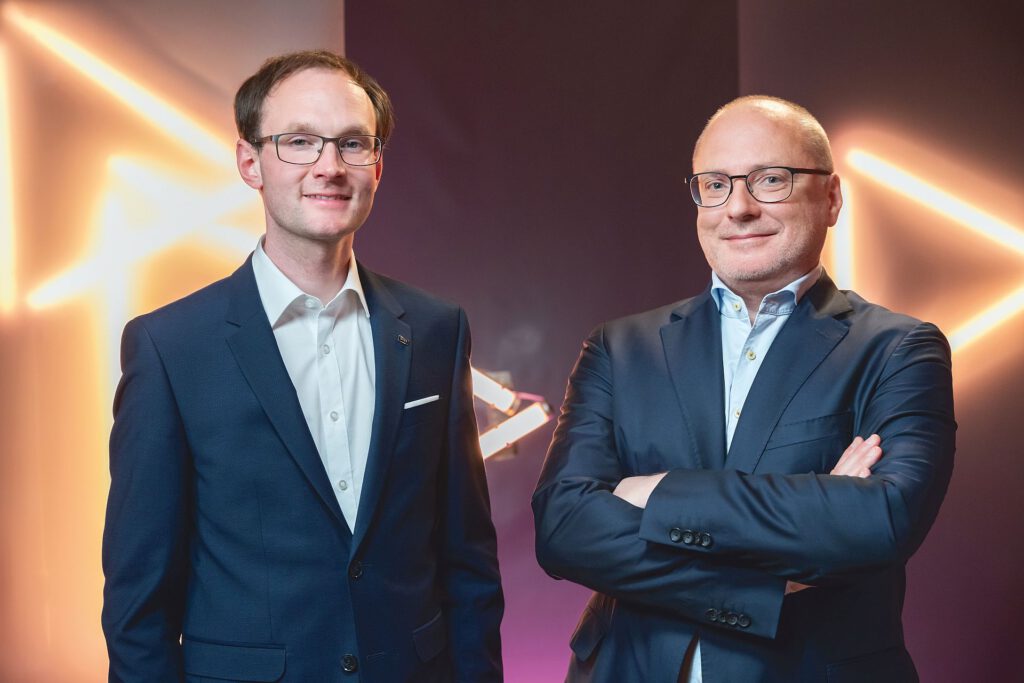mi2-factory GmbH from Jena took 2nd place in the energy/environment/solar industry cluster.
The energy transition requires high-performance semiconductors that efficiently drive power electronics for renewable energies and electromobility. An ideal semiconductor is silicon carbide, but current production technologies have reached their limits. In particular, doping, the targeted contamination of the material, is still too imprecise for many applications. This is where mi2-factory GmbH has made a decisive breakthrough with its new process. The Jena-based startup combines an ion accelerator from medical technology with a special semiconductor technology to dope microchips in a highly precise, flexible and cost-optimized way. This is unique worldwide and makes it possible to produce microchips up to five times smaller – with drastically reduced costs. This is a decisive argument, particularly in the expansion of renewable energies, for bringing wind power and photovoltaics cost-efficiently into the mainstream. Until now, silicon carbide chips have been too expensive for mass applications such as cell phone chargers. With the new process, they also become interesting for this, which would save up to 8 terawatt hours of energy worldwide due to their higher efficiency. With its solution, the company is targeting the major semiconductor manufacturers in the USA, Japan and Europe, for whom this opens up completely new opportunities in mass production. The technology is currently being optimized in a pilot plant with a view to making it ready for the market in the coming years.
